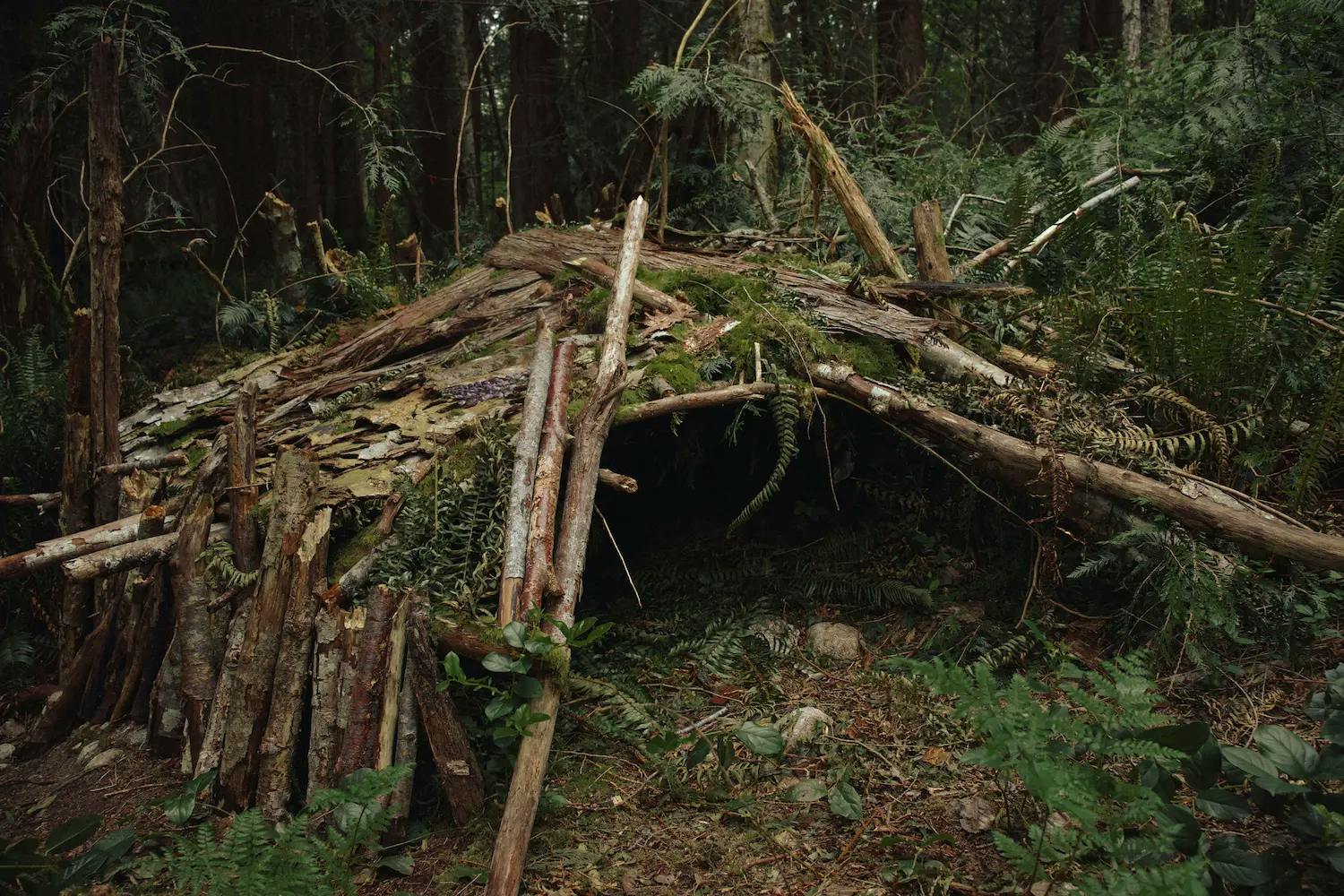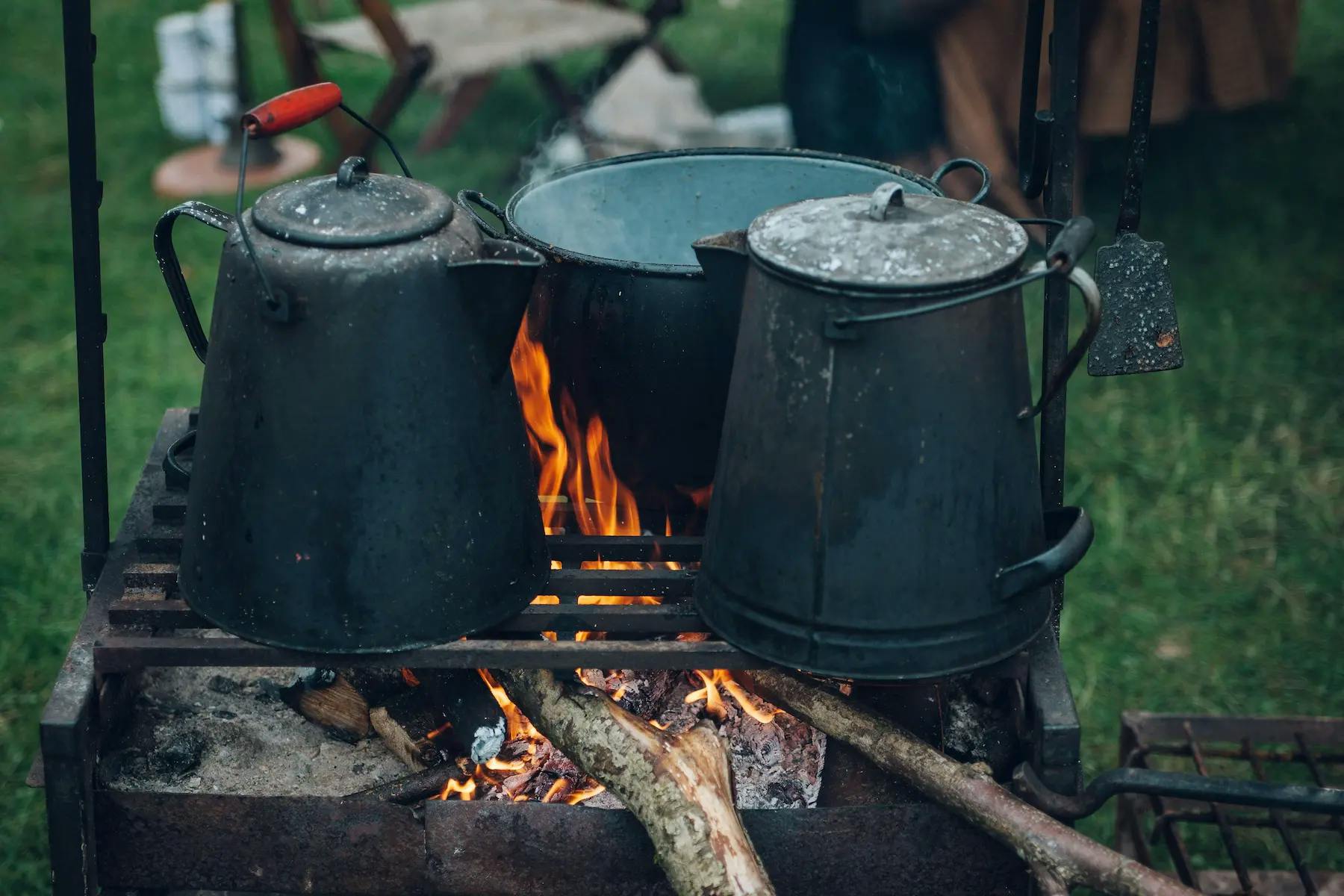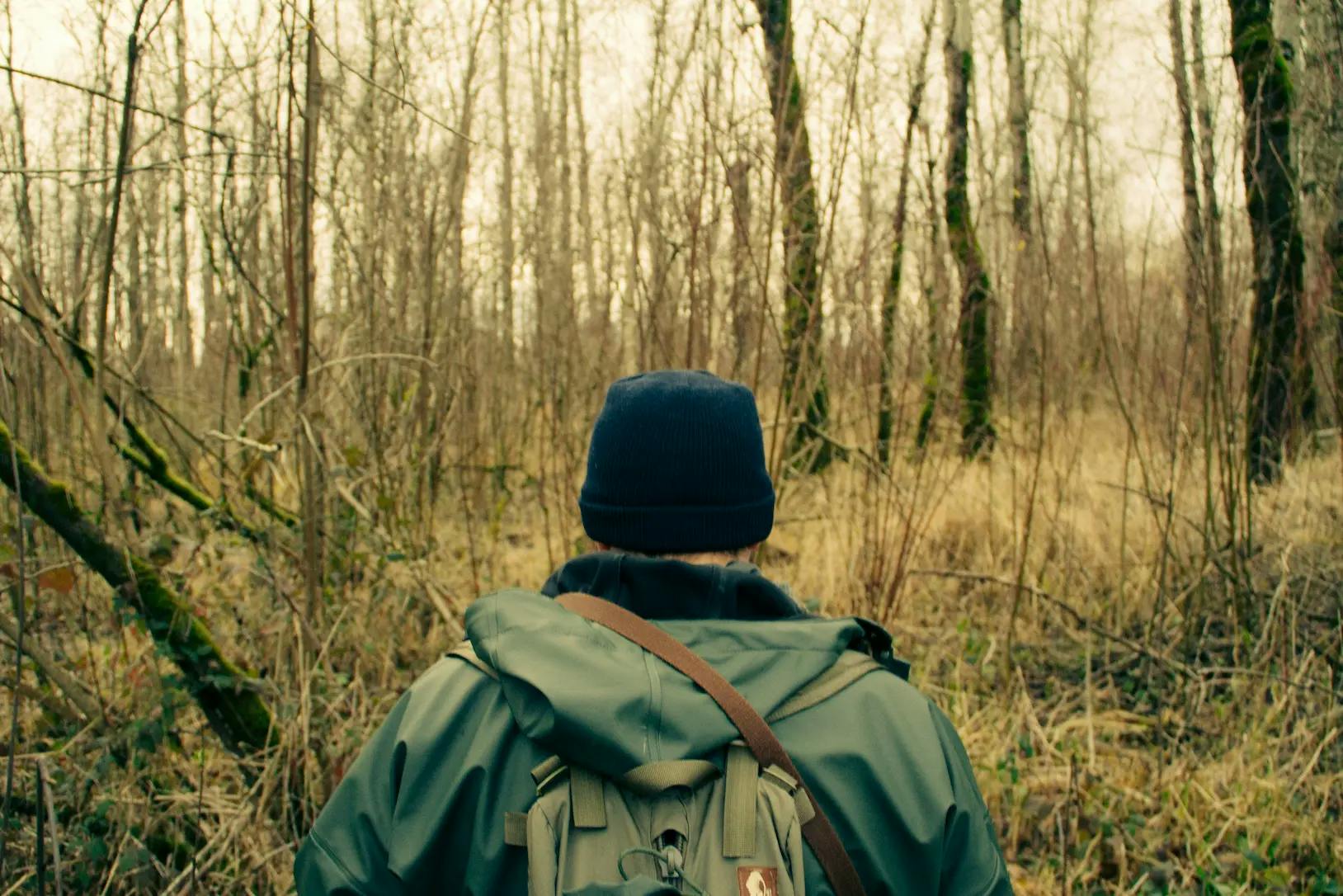Navigating Survival: Can Dreams Reveal Your Next Move?
- Published on
Navigating Survival: Can Dreams Reveal Your Next Move?
As a survivalist, prepper, or outdoor enthusiast, planning and strategy are essential for facing the unexpected. The wilderness demands adaptability, resourcefulness, and often, a bit of foresight. One intriguing avenue for potential guidance lies in the realm of dreams. Can our subconscious mind provide insights that prepare us for survival? This article explores the intersection of dream interpretation and preparedness, helping you navigate both the physical and psychological aspects of survival.
The Mind's Eye: Understanding Dreams and Survival
Dreams have fascinated humanity for centuries. They can serve as windows into our anxieties, desires, and the unknown. From a survival perspective, considering what your subconscious might be trying to communicate is not merely mystical—it can be practical.
The Link Between Dreams and Survival
Survival situations require us to be in tune with our instincts and emotions. Stress and anxiety flare up when facing a potential crisis, leading to sleepless nights and restless thoughts. The role of dreams in this context often involves processing these feelings.
In the article "Traumdeutung: Können Träume wirklich die Zukunft zeigen?", the author discusses how dreams can serve as both reflections of our current fears and predictors of future events. While the scientific community remains divided on whether dreams can foretell the future, many individuals report experiencing "premonitory" dreams that align with life occurrences.
How to Use Dream Insights for Preparedness
1. Keeping a Dream Journal
Why? Recording your dreams can reveal recurrent themes and emotions. A dream journal allows you to actively analyze your subconscious thoughts, making them tangible.
How? Keep a notebook next to your bed. Write down any dreams you can remember immediately upon waking. Over time, look for patterns or recurring symbols that may offer insights into your state of mind.
2. Identifying Fear Triggers
Why? Survival situations often have emotional catalysts. If a specific element recurs in your dreams, it may signal a deep-seated concern that you need to address.
How? If your dreams frequently feature being lost, unprepared, or attacked—these may reflect your fears about actual survival scenarios. Identifying these fears allows you to create preparation strategies. For example, if losing your way in the wilderness is a recurring nightmare, it may be time to practice navigation and map-reading skills.
3. Using Dreams as a Testing Ground
Dreams can act as simulations of future scenarios. In survival, thinking ahead is paramount.
How? Engage with your dreams as practice sessions for real-life situations. If you dream about facing adversity in a survival scenario—be it dealing with injuries, resource scarcity, or navigating through a storm—analyze your responses. What worked? What didn’t?
4. Mapping Out Your Preparedness Plan
After analyzing your dreams, integrate your findings into a comprehensive survival plan. This plan can cover various aspects, from emergency kits to tactical knowledge and mental resilience.
Key Components of Your Survival Plan:
- Emergency Kit Contents: Ensure you have adequate resources. Your kit should include water purification tablets, basic first-aid supplies, food that lasts, and tools for shelter building.
- Training and Skills Development: Based on the insights from your dreams, you may find areas in need of training. Wilderness survival, first aid, or even psychological preparedness could be essential courses to consider.
- Psychological Readiness: Dreams can surface fears and anxieties that may hinder your decision-making. Practice mindfulness, stress management, and visualization techniques to combat these stressors in real situations.
Exploring Symbolism and Archetypes in Your Dreams
Understanding the symbolism inherent to dreams can further enhance your survival strategies. Common symbols may provide guidance on what precautions to take.
Common Survival Symbolism
-
Water: In dreams, water often symbolizes emotions and adaptability. A peaceful water scene may indicate you are well-prepared, whereas turbulent waters might signify emotional turmoil or impending crises.
-
Fire: Fire can represent transformation, caution, or destruction. If you dream of fire in a survival context, assess your emotional state and the potential for rapid change in your life.
-
Animals: Predators or helpers in dreams can symbolize instincts or fears. A dream involving attacking animals may signal feelings of vulnerability or fear of losing control in a survival situation.
By decoding these symbols, you can tailor your preparedness strategies to confront your deepest concerns directly.
The Closing Argument: A Holistic Approach to Survival Preparedness
Utilizing dreams as a lens for examining emotional responses and instinctual cues can yield remarkably practical results for survivalists and preppers. By keeping a dream journal, identifying triggers, and synthesizing insights, you can develop a robust plan that merges mental preparedness with physical readiness.
Remember, while dreams can provide guidance, sound planning should always rely on thorough research, hands-on training, and skills acquisition. Embrace the power of your subconscious as an additional tool on your journey toward becoming a well-rounded, prepared individual.
For those interested in diving deeper into the fascinating world of dream interpretation and its potential impact on our waking lives, check out the intriguing article on Traumdeutung here.
Stay prepared. Stay aware. Start dreaming!



